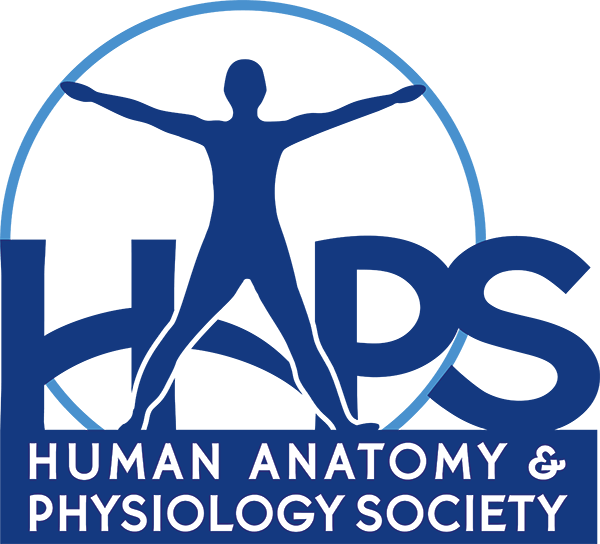HAPS Institute Courses
Spring 2025
Connecting Art and Anatomy in London, Amsterdam, and Belgium
(3 credits)
May 1st – July 15th, 2025
Kevin Petti, Ph.D.
View Syllabus
Click here to register for Professional Development
This international, interdisciplinary experience is preceded by an asynchronous, online curriculum employing a
series of academic readings placing the travel experience into context, and followed by the development of an
academic project. This program incorporates the humanities into the sciences, allowing students to Connect Art
and Anatomy in a unique manner, resulting in a deep and rich understanding of the historic and cultural
underpinnings of anatomy education. Students visit London, Amsterdam and The Hague in The Netherlands, as well as Brussels and Leuven in
Belgium. The itinerary examines Victorian Era and Dutch Golden Age depictions of the human form in
painting. These masterpieces will be considered with the context of how they were influenced by the dissections
conducted by the artistic masters. Historic anatomy museums in London, Amsterdam and Belgium universities
explore the evolution of anatomy education and medicine in Europe. Original copies of the seminal texts in
anatomy and physiology, such as The Fabrica by Vesalius, and De Moto Cordis by Harvey are examined. More details on the program and registration can be found here.
Fall 2024
Teaching Practices for Anatomy and Physiology
(1 credit)
September 16 – December 5th, 2024
Chasity O’Malley, Ph.D., and Murray Jensen, Ph.D.
View Syllabus
Click here to register for Graduate Credit or Professional Development
This course is for college level instructors who are interested in learning
various pedagogical techniques that are beneficial to the teaching of Human Anatomy and
Physiology, including to diverse student populations. Students will review the science supporting
various instructional methods and learn how to implement Evidence-Based Instructional
Methods (EBIPs) such as clickers (audience response systems), guided inquiry, cooperative
group work, cooperative quizzes/group learning, and think-pair-share. The basics of conceptual
learning will be explored. Assessment techniques to measure learning will focus on the
importance of validity and reliability of testing (cognitive testing) and the use of concept
inventories to collect learning data.
